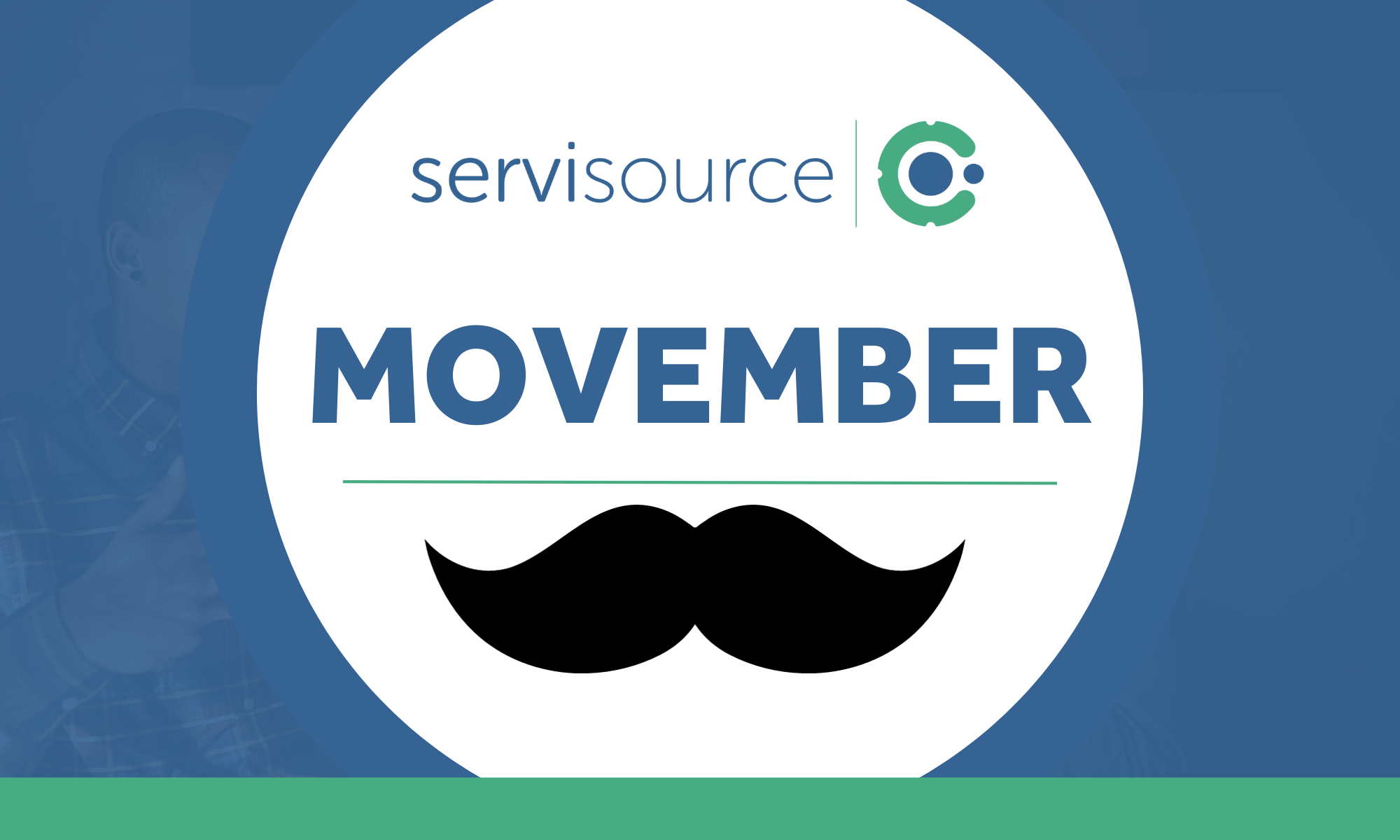Nurses and Care Workers Immigration Policy Update
At Servisource, we strive to keep healthcare workers updated with the latest information. Back in December 2023, the UK government revealed adjustments to the immigration system, and it has been revealed that these adjustments are set to be enacted in March and April 2024. The timeline for implementation of these changes to the UK’s immigration policy and what these changes entail are outlined below as well as how they will impact international recruits across NHS trusts.
Did You Know?
Figures published in November, state that health and care visas were the most common type of work visa on which dependants came to the UK, adding that this was driving the increase in immigration of those on work dependant visas.

What will these changes entail?

Below is a description of how these changes will impact various international staff across the NHS and social care.
Health and Care Visas:
The Government advises that while it is determined to reduce net migration, it understands the importance of internationally educated health and care workers. The measures will crack down on rising migration, help curb the abuse of the Health and Care visa route and ensure British labour is not undercut by overseas workers.
When will these changes be implemented?

The changes to care workers and senior care workers will be implemented on 11 March 2024. From this date care workers (SOC 6145) and senior care workers (SOC 6146) will be unable to bring dependents when they migrate to the UK, and only CQC-registered providers in England will be able to sponsor Health and Care Visa applicants. These changes do not affect those employed on a Health and Care visa on other occupation codes (SOCs).
The changes to salary thresholds for Skilled Workers will be introduced via Immigration Rules with implementation in April 2024.
The increase of the Immigration Health Surcharge will increase to £1,035 on 6 February 2024.
International Recruitment at Servisource
Our team recruit Nurses and Care Workers across all disciplines from around the world.
We manage all aspects of the recruitment process including interview scheduling, compliance checks, and even welcome international candidates by meeting them at the airport.
Servisource operate regionally, nationally and globally, providing access to the right people with the right skills and knowledge in the right place.
The forthcoming changes to the UK’s immigration system signify a pivotal moment for international recruitment within NHS trusts. Until these adjustments are put forward in March and April 2024, it’s important to stay informed and prepared for the potential impact on employment and visa procedures for overseas workers. By staying vigilant and proactive in navigating these developments, we can ensure the continued strength and effectiveness of healthcare services across the UK.
Please continue to check the NHS Employers and GOV.UK websites for the latest updates and information.
















